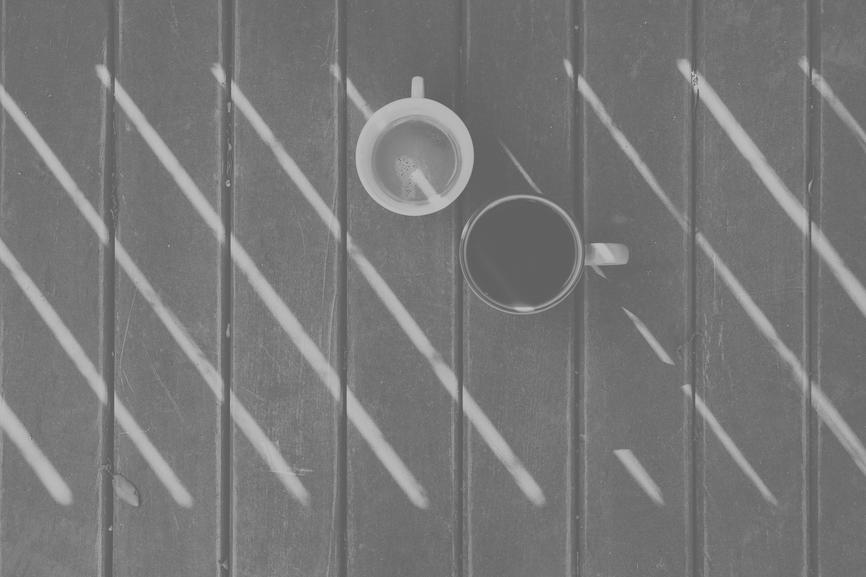Happy Monday!
I hope you had a good weekend. It was a hectic one for me and Ben. It seems after we complete one house project, another one begins. We just refinished and replaced some of our flooring and next we have painting, cleaning the vents, and much more..all before we move in at the end of the month.
The work on our place reminds me of the important distinction between home improvements and home repairs. One will likely save you money and one won’t.
Do you know the difference?
Home Repair v. Home Improvement
A home repair is something that helps maintain the condition of your home, but doesn’t make it substantially better than it was before. Some examples of repairs include repainting your home, regrouting a tub, or cleaning your air ducts.
On the other hand, an improvement, according to the IRS, “materially adds to the value of your home, considerably prolongs its useful life, or adapts it to new use.” Adding a bathroom to your home, installing new flooring , or replacing a roof are all considered improvements.
Simply put, most improvements increase the value of your home and last longer than a year.
Home improvements increase your adjusted basis
The next logical question you are probably asking yourself is why it matters. Well, the distinction comes into play when talking about the adjusted basis of your home.
Your basis usually includes what you paid for the property (including most settlement or closing costs), plus any improvements that you made while you owned the property. Your basis, in turn, determines how much profit you make when you sell the property.
For example, if you bought a home for $300,000, and then you made $50,000 in improvements, your adjusted basis is $350,000. If you later sell the property for $400,000 you made $50,000 in profit, which counts as income to you. (Luckily, most people can exclude up to $250,000 of profit if you’re a single taxpayer or $500,000 of profit if joint filers.)
If you made $10,000 in home repairs during that time, you don’t get any tax benefit from that. But the work keeps your property in good shape to sell later on.
Make sure to keep records of your improvements
If you’re a new homeowner, you should diligently keep track of the improvements that you make. The IRS provides a handy chart in Publication 530. You can also learn more about some of the nuances to the improvements rule in the publication (like how the cost of old carpet that you’ve replaced is no longer a part of your adjusted basis).
Also keep in mind that this distinction only applies to property you use as your personal residence. For property that you rent, you can deduct repairs as a rental expense and add the improvements to the property into your adjusted basis. In addition, if you have a home office and repair it or the house itself, you can also deduct those as a business expenses, either fully or partially.
Just make sure to keep good records. I have an audit going on right now were a couple is trying to recreate proof of improvements made in 2005 for a rental property that they sold in 2010. You will likely hold both your primary residence and rental property for a while. So keep your records in a safe place.




